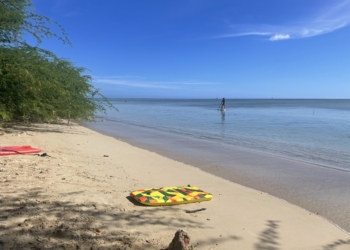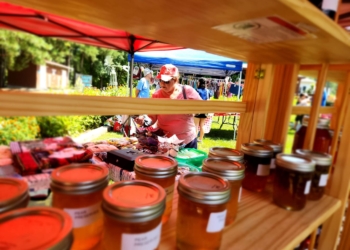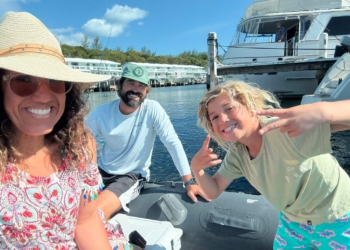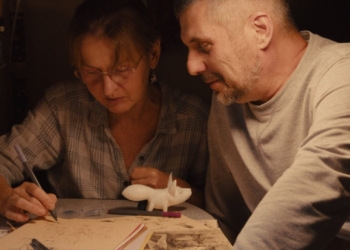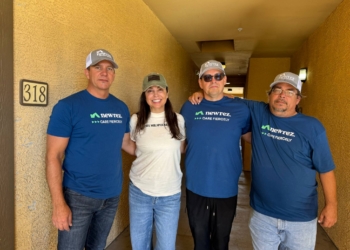Aaron Leonard, a retired Army lieutenant colonel, and seven other friends backpacked for days in Big Bend National Park. A photo of that beautiful landscape sits on Leonard’s desk, reminding the New York man that wilderness adventures enable uplifting friendships.
The former artillery officer served on active duty and in the National Guard. Now, he’s the program director for Another Summit and manages the Sierra Club’s Military Outdoors campaign. Both nonprofits bring vets together to share life during and after outdoor pursuits.
“They join a program that takes people out into nature and they can reform that sense of belonging to a team, just like they did when they were in the military,” he said.
Sierra Club outdoor activities for veterans include bird watching, ice climbing, multi-day expeditions and day hikes. Likewise, Outward Bound’s Veterans Program offers many locations and opportunities.
RELATED: Program offers 300 free camping sites for active-duty military
Anthony Sousa, an Outward Bound lead instructor in North Carolina spent 26 years in the Marine Corps. The retired major now offers the therapy of wilderness to vets whenever he can. All Outward Bound veteran program activities are free.
“We go outside and we realize how we feel better,” Sousa said. “What we’re creating in the outdoors is space and time without distraction to experience whatever it is that the veteran is seeking.”
Outward Bound helps with goal setting, leadership development, transitions in life or applying new skills to current challenges. A recent Blue Ridge Mountains course helped a veteran realize he often led his children like a military unit.
During that trip, Sousa said, the team dialogued about leadership based on collaboration. Therefore, the veteran had an eye opener: he could use different leadership styles at home.
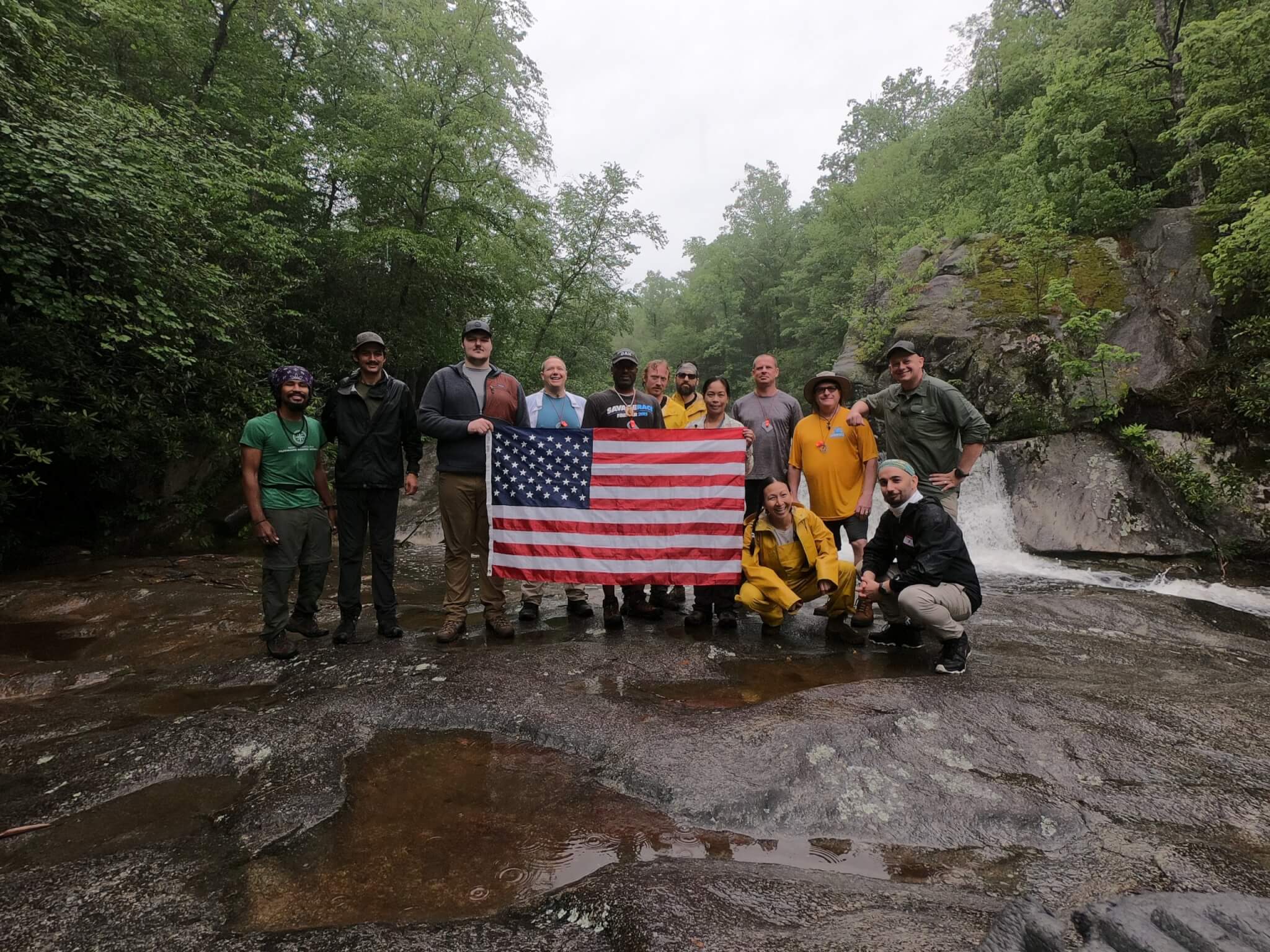
“They are able to take on new challenges and learn new skills in a very short time period,” Sousa said. “Sometimes people just need to be shown through an experience.”
Offering a spectrum of activities helps more people, Leonard said, because there are 18.5 million veterans. These people live in diverse communities with varying economic, personal and cultural dynamics.
Leonard said veterans can feel safe: trained trip leaders and properly-designed programs make a supportive, life-giving experience possible.
“Our outdoor leaders are trained on cultural competency for the veteran community,” he said.
Veterans have many barriers to outdoor recreation. For example, Leonard said veterans are often poor, people of color or older than the average American. So empowering veterans to come together is a challenge.
Outdoor camaraderie has saved lives, Leonard said, since many veterans struggle with loneliness, depression or suicidal ideation. The power of the wilderness community gives the clubs reasons to persevere against the challenges.
“We know that veterans who spend time with us on these day trips see increased trust with other veterans,” he said.
He keeps a reminder of such camaraderie in the outdoors on his desk: a picture of Big Bend, a beautiful place. He still remembers realizing the group had developed deep trust in one another.
“If everybody’s a veteran, it’s like this magical moment can occur fairly quickly,” he said about veteran-only trips. “We’re creating that safe space.”
Read comments















